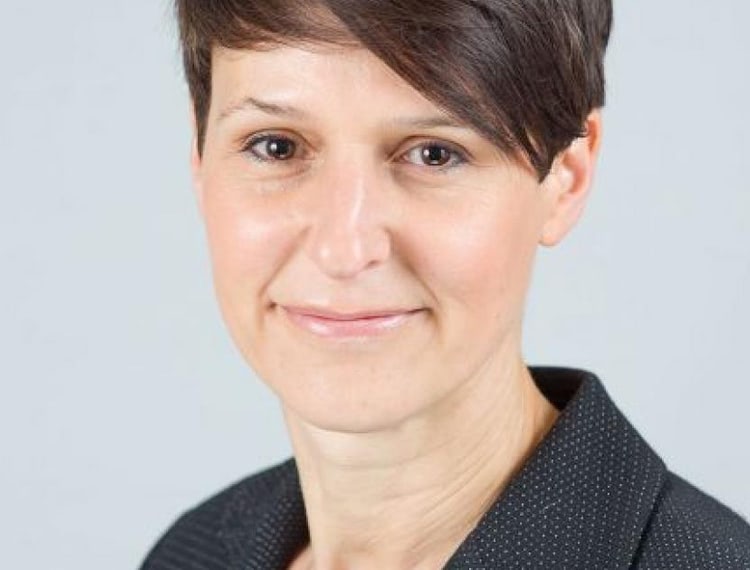Does teaching GCSEs over three years boost grades?

A new research project will examine how the decisions that schools make impact on pupil outcomes, @EducEndowFoundn (EEF) announced today (24 Feb). The study is part of a new programme of work that aims to give schools more evidence of the impact of their decisions.
Run by the National Foundation for Educational Research (NFER), the study will find out whether teaching GCSEs over three years is more effective than teaching them over two. Traditionally the five years of secondary school have been split into a three-year Key Stage 3 (KS3) and a two-year Key Stage 4 (KS4).
The first three years of secondary school typically involve a broader curriculum and prepare pupils for KS4 study, but don’t focus on content in the GCSE syllabus. The fourth and fifth years then cover a narrower curriculum of subjects (around 8-10) a pupil has chosen to take for GCSE.
Many schools now teach GCSEs over three years, starting in year 9 (ages 13 and 14). While this allows more time for pupils to cover GCSE content, there is a concern that it narrows the curriculum too early and means pupils may be less prepared for study at GCSE-level. Schools take different approaches to organising a three-year KS4. Some schools simply take more time to cover GCSE content; others spend two years teaching GCSE content and a third year on revision and exam preparation.
Today’s new project aims to understand what impact the decisions schools make about how to organise GCSE have on grades, as well the breadth of curriculum offered by schools. Every eligible secondary school in England will be invited to take part in a survey to find out how they organise their KS4 curriculum, while hundreds of schools will be involved in the study. The study will include other Key Stage 4 qualifications, including NVQs.
Professor Becky Francis, CEO of the Education Endowment Foundation, said:
“Sometimes the findings of education research can seem quite distant from the day-to-day concerns of life in schools. School leaders and teachers make hundreds of decisions every year, all of which have an impact on their pupils, and it’s important that these studies focus on practical issues for schools – how best to deliver the curriculum in the senior years of schooling. The results will offer useful insights to help schools improve outcomes and better meet the needs of all pupils.”
Simon Rutt, Head of Statistics at NFER and Project Director of the length of KS4 project, added:
“The length of key stage 4 in secondary schools is a topical issue in education at the moment, however there is limited evidence about the relative impact on pupil attainment at the end of this period.
“We would actively encourage as many secondary schools as possible to participate in this important project by completing the survey sent to schools today, as we aim to represent the main practices currently taking place in schools across England.”












Responses